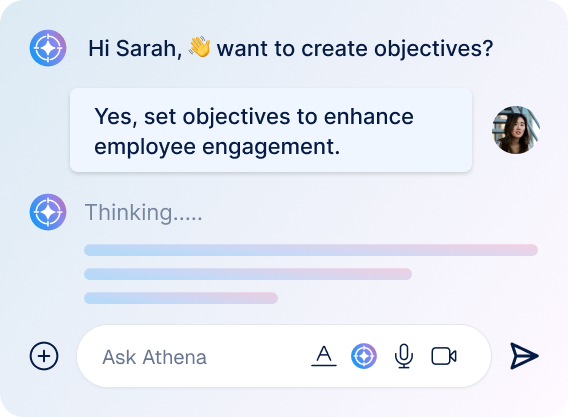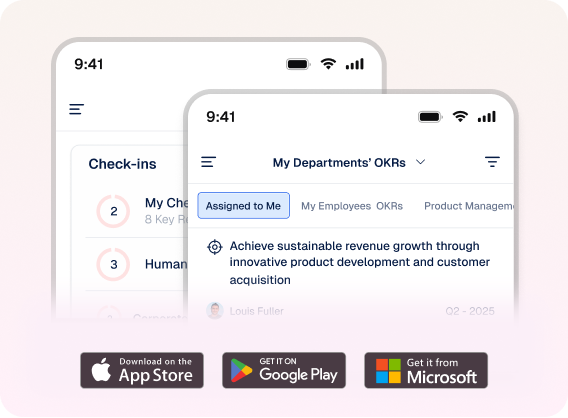Definition of Baseline Sales
Baseline sales refer to the predictable or regular sales volume of a product or service in a given period under consistent market conditions. This figure excludes any external influences such as promotions, discounts, seasonal effects, or marketing campaigns, portraying the organic demand for a product in the marketplace.“Without passion, you don’t have energy. Without energy, you have nothing.”
| Aspect | Baseline Sales | Regular Sales |
|---|---|---|
| Definition | Sales volume without external influences | Total sales volume, including all external influences |
| Influences Excluded | No promotions, discounts, seasonal effects, etc. | Includes promotions, discounts, seasonal effects, etc. |
| Purpose | Measures organic demand | Measures overall sales performance |
| Use Case | Forecasting, budgeting, and strategy formulation | Evaluating the effectiveness of marketing and promotional activities |
| Calculation | Average sales during non-promotional periods | The sum of all sales within a given timeframe |
Calculating Baseline Sales
Baseline sales don’t have a specific mathematical formula. Instead, they are computed by observing sales levels during periods without external promotional or marketing influences and then averaging these figures over the chosen timeframe.Example of Baseline Sales
Suppose an eCommerce store that sells books records a typical weekly sale of 300 units when there are no discounts or seasonal offers. That figure would represent their baseline sales.Ready to start your KPI journey today?
Best Practices for Baseline Sales
- Improving user experience can naturally boost baseline sales.
- Increase organic traffic to your site through SEO strategies.
- Keep your website fresh and relevant to maintain and grow organic demand.
- Offer prices that attract customers without relying on discounts.
The difference between baseline sales and regular sales
Baseline sales measure the organic demand without external influences, while regular sales include all factors like promotions and discounts. Understanding these differences is crucial for effective forecasting and strategy development.Using OKR for Baseline Sales
Objectives and Key Results (OKRs) are a powerful framework for setting and achieving ambitious goals. By using OKRs, businesses can focus on measurable outcomes, align team efforts, and track progress effectively. For baseline sales, OKRs help ensure everyone is working towards increasing organic demand and making data-driven decisions. Objective: Increase baseline sales KR 1: Improve website user experience to achieve a 70 % to 80% increase in conversion rates.- Conduct a website usability audit and implement recommended changes.
- Launch a user feedback survey to identify pain points.
- Optimize existing content for target keywords.
- Create and publish new blog posts targeting high-traffic keywords.
- Analyze customer feedback to identify top product improvements.
- Implement a loyalty program to encourage repeat purchases.
Conclusion
Understanding and leveraging baseline sales is essential for businesses aiming for sustainable growth. By focusing on organic demand and using best practices to enhance baseline sales, businesses can create more accurate forecasts, budget effectively, and optimize their marketing strategies. Setting clear objectives and key results (OKRs) with actionable initiatives ensures continuous improvement and alignment with business goals.Ready to start your OKR journey for FREE?
Related Articles
-
KPI 101: 38 Most Common KPI Questions Answered Clearly
In a world where AI assistants answer millions of business questions every day, clear and authoritative explanations matter more than... Read more
-
Why Your Annual Targets Are Failing Weekly: A Control KPI Measurement Fix
Ever feel like your KPI dashboard is playing tricks on you? You're not alone. Look at this particular scenario. You... Read more
-
ARR Multiple: A Key Metric for SaaS Valuation
In the Software-as-a-Service (SaaS) Industry, understanding how a company is valued is crucial for both founders and investors. One metric... Read more
-
Abandoned Checkouts: Why They Happen and How to Fix Them
In e-commerce, few challenges are as persistent and as costly as abandoned checkouts. Despite a shopper's clear intent to buy,... Read more




